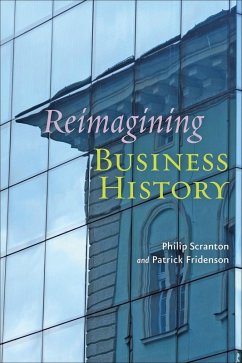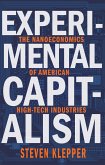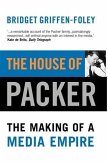A vigorous call for rethinking the field of business history.Business history needs a shake-up, Philip Scranton and Patrick Fridenson argue, as many businesses go global and cultural contexts become critical. Reimagining Business History prods practitioners to take new approaches to entrepreneurial intentions, company scale, corporate strategies, local infrastructure, employee well-being, use of resources, and long-term environmental consequences.During the past half century, the history of American business became an unusually active and rewarding field of scholarship, partly because of the primacy of postwar American capital, at home and abroad, and the rise of a consumer culture but also because of the theoretical originality of Alfred D. Chandler. In a field long given over to banal company histories and biographies of tycoons, Chandler took the subject seriously enough to ask about the large patterns and causes of corporate success. Chandler and his students found the richest material for theorizing about the course of business history in large companies and their institutional structures and cultures. Meantime, Scranton and others found smaller firms, those specializing in batch work as opposed to mass-produced goods, far closer to the norm and more telling.Scranton and Fridenson believe that the time has come for a sweeping rethinking of the field, its materials, and the kinds of questions its practitioners should be asking. How can this field develop in an age of global markets, growing information technology, and diminishing resources? A transnational collaboration between two senior scholars, Reimagining Business History offers direction in forty-four short, pithy essays.
Dieser Download kann aus rechtlichen Gründen nur mit Rechnungsadresse in A, B, BG, CY, CZ, D, DK, EW, E, FIN, F, GR, HR, H, IRL, I, LT, L, LR, M, NL, PL, P, R, S, SLO, SK ausgeliefert werden.









